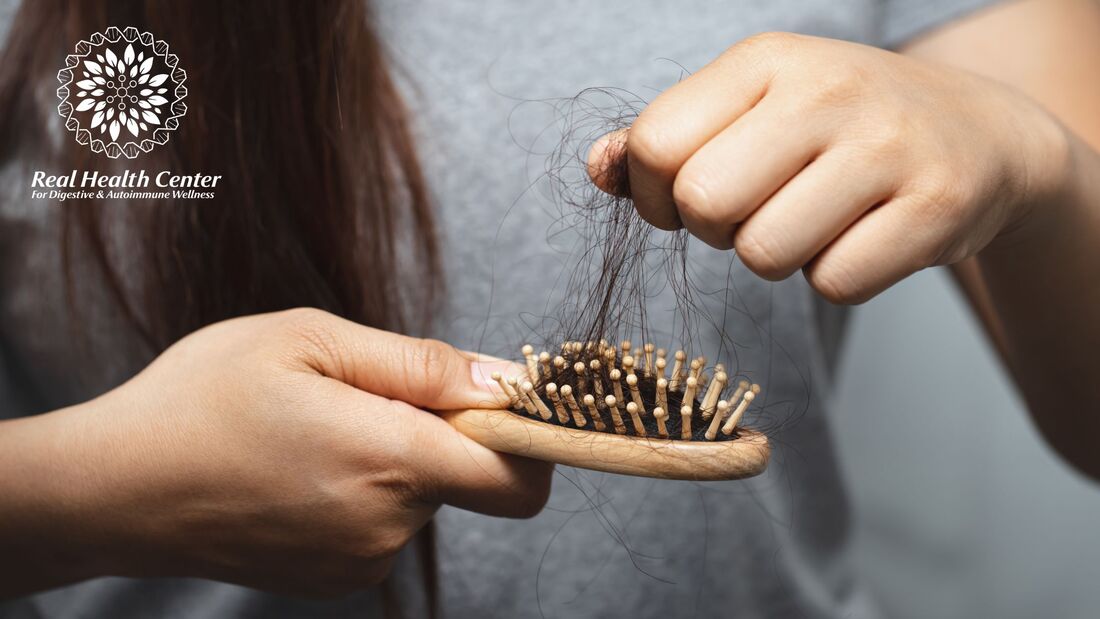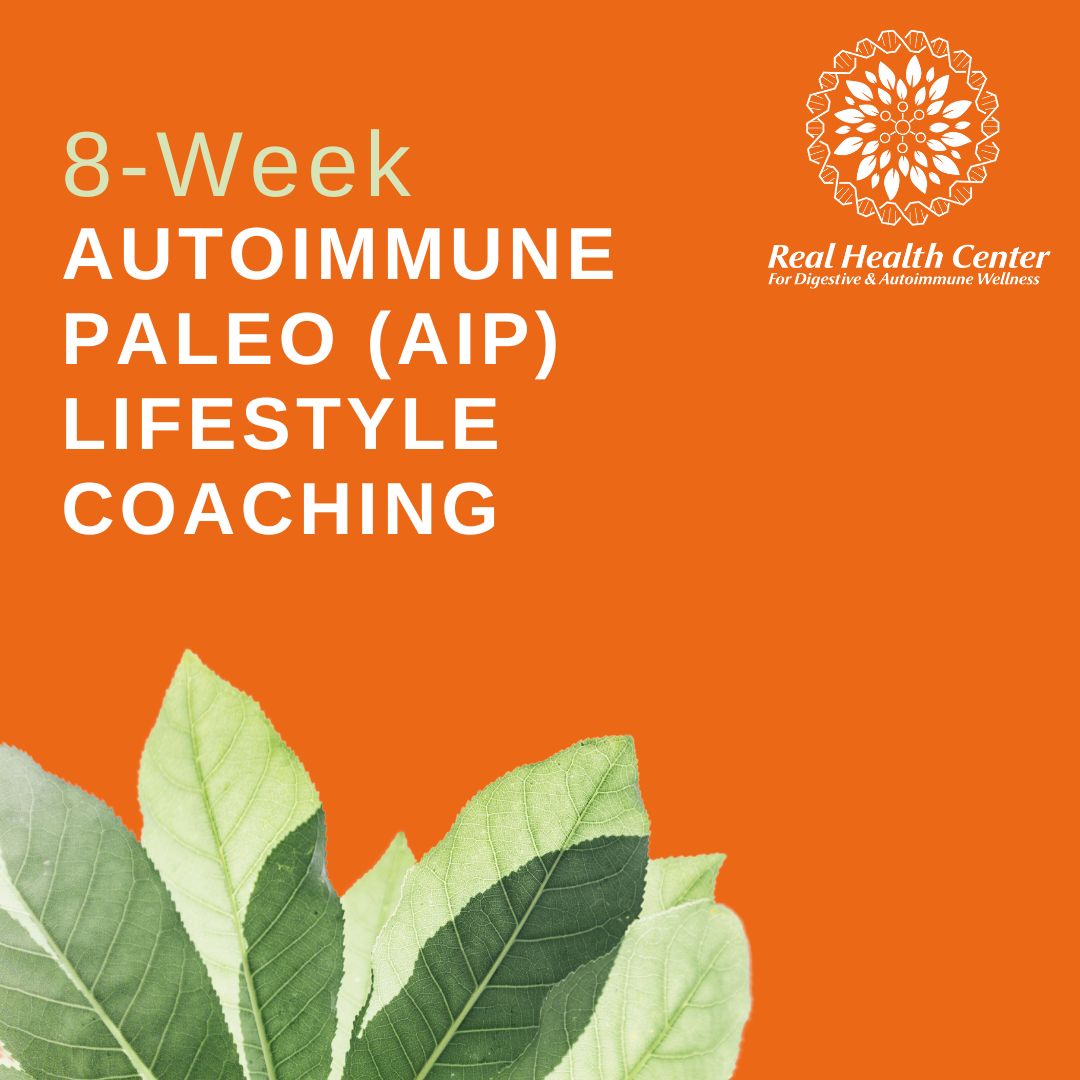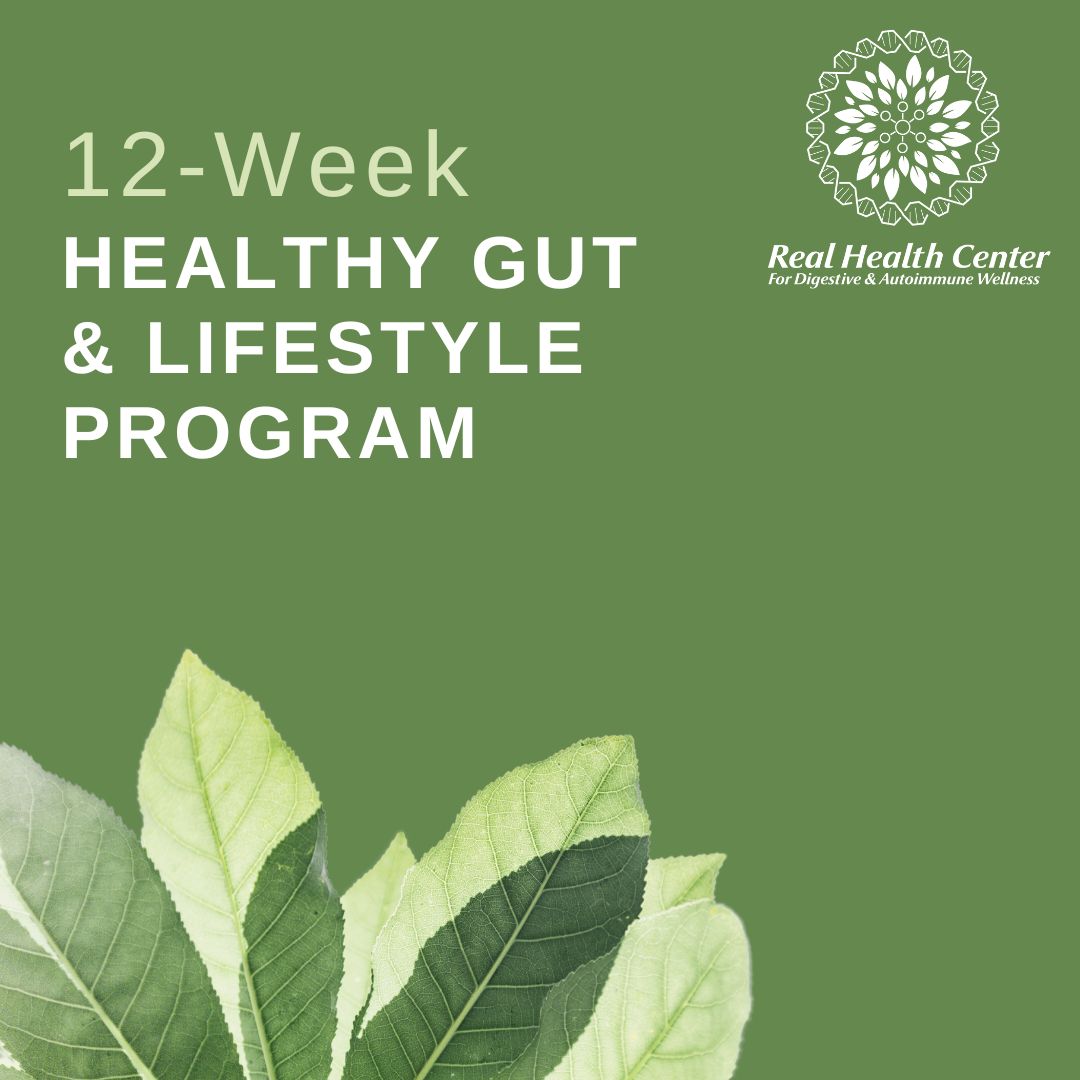|
Hello, my fellow readers! Today, we're diving deep into a topic that concerns many of us – hair loss. Our hair, a visible marker of our health and vitality, is more than just a part of our appearance; it's a reflection of our well-being. But did you know that the root of hair health might just lie in an unexpected place—the gut? In this article, we'll uncover the gut-hair loss connection, understand how nurturing your gut can lead to healthier hair, and explore strategies for maintaining a luscious mane.
The Fascinating World of Hair Loss First, let's get acquainted with hair loss, a concern that affects millions worldwide. Scientifically termed "alopecia," it can occur for various reasons, from genetics to hormonal imbalances. While it's a common issue, it's not one you have to accept without exploring potential solutions. The Gut: Beyond Digestion Now, let's shift our focus to the gut, a dynamic system that's often overlooked in its complexity. Beyond its primary role in digestion, the gut is home to a vibrant community of microorganisms, plays a pivotal role in immune system coordination, and even influences our hormonal balance. And yes, it turns out that a happy gut can lead to happier, healthier hair. The Gut-Hair Loss Connection: Unveiling the Secrets Nutrient Absorption: The gut is responsible for absorbing essential nutrients, including those vital for hair health. Nutrients like biotin, zinc, and iron are crucial for strong, vibrant hair. An unhealthy gut can hinder the absorption of these nutrients. Inflammation: A compromised gut can trigger chronic inflammation, which can disrupt hair follicle function and lead to hair loss. Conditions like alopecia areata have an inflammatory component. Hormonal Balance: Hormonal imbalances, often linked to the gut, can affect hair growth cycles. For example, elevated levels of the hormone dihydrotestosterone (DHT) are associated with male and female pattern baldness. Stress Response: The gut and the brain are closely connected through the gut-brain axis. Stress, which can negatively impact gut health, can also contribute to hair loss by pushing hair follicles into a resting phase. Caring for Your Gut and Hair Now that we've unveiled the gut-hair loss connection, here are some friendly scientific tips to promote hair health through a happy gut: Diet: Prioritize a balanced diet rich in essential nutrients like biotin, zinc, iron, and antioxidants. Consume foods like eggs, nuts, leafy greens, and fruits to support both gut and hair health. Probiotics: Consider incorporating probiotics into your diet to promote a healthy gut microbiome. Yogurt, kefir, and fermented foods like sauerkraut are excellent choices. Stress Management: Practice stress-reduction techniques like meditation, yoga, or deep breathing exercises to keep your gut-brain axis in harmony. Adequate Hydration: Stay hydrated to support overall well-being, including hair health. Consult a Specialist: If you're concerned about hair loss or gut issues, consult a functional medicine practitioner who specializes in both areas. They can test for hormones, viral and bacterial overgrowths as well as liver health to provide tailored advice and solutions. In this article, we've uncovered the fascinating connection between gut health and hair loss. Remember, a nourished gut can be the foundation for healthier hair. By nurturing your gut through a balanced diet, stress management, and professional guidance, you're taking proactive steps toward maintaining a luscious and vibrant mane. Here's to strong, beautiful hair and a thriving gut! As you navigate this path, know that I'm here to provide guidance, insights, and evidence-based strategies to help you unlock the potential of your gut for vibrant living. Your initial consultation is free and you can request it by clicking the button below:
0 Comments
|
AuthorAyesha Syed, AFMC is a Certified Functional Medicine Practitioner and a Certified Functional Nutrition Counsellor. At the Real Health Center, she helps you manage Autoimmune Health and Digestive/GI Health applying functional medicine principles and testing if needed, nutritional counseling, lifestyle, and complementary therapies designed to support your overall health and balance. Archives
July 2024
Categories
All
|



 RSS Feed
RSS Feed

